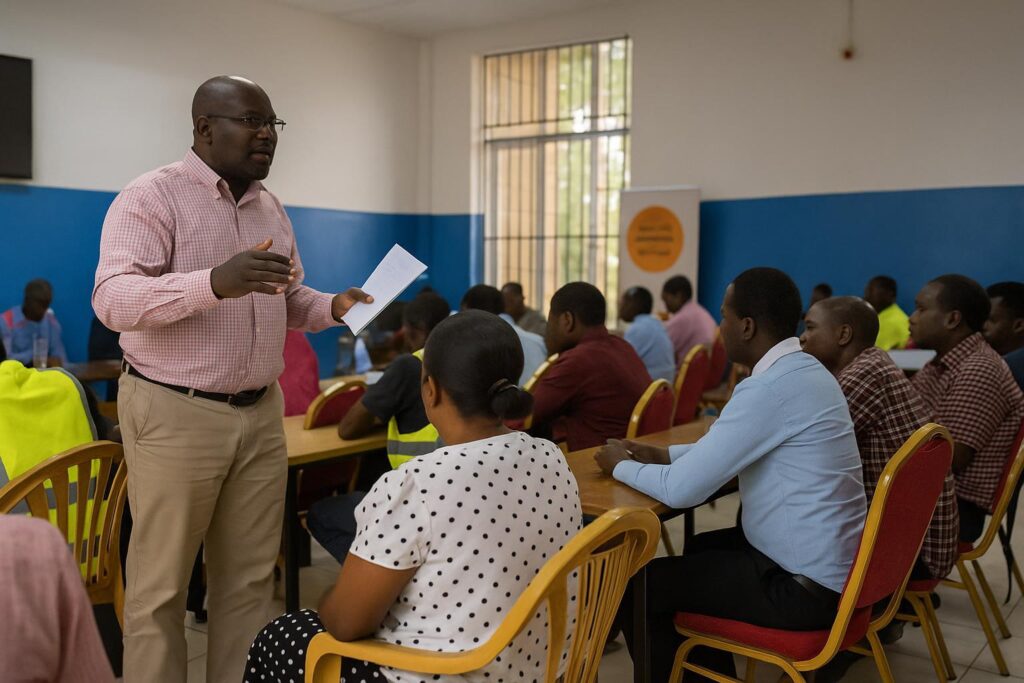Landmark Fistula Repair Camp in Juba
Thirty-three South Sudanese mothers left Juba Teaching Hospital with renewed dignity after a two-week fistula repair camp led by AMREF Health Africa, the UN Population Fund and the hospital’s surgical team.
It was the third camp of its kind at the facility, drawing patients from remote counties after community mobilisers spread the word that free, specialised surgery was finally within reach.
Personal Journeys of Recovery
Some women left the ward only days after surgery, walking steadily for the first time in years without the shame of constant leakage, hospital staff said.
“My baby died, and I thought my life ended too,” recalled survivor Nyamal, her voice soft but determined, minutes before boarding a bus home to Unity State. “Now I can farm, sell in the market and sit among friends again.”
Multi-Agency Strategy Against Obstetric Fistula
Country Fistula Coordinator Deng Mayen credited sustained partnership with AMREF, UNFPA and the Ministry of Health for the results, noting that community case finding, surgical expertise and post-operative counselling were funded and delivered in one package.
Mayen estimated 60,000 South Sudanese women still live with fistula, urging more camps, improved referral networks and early marriage prevention through girls’ education to curb future cases.
Path Forward for Maternal Health
AMREF’s Anna Modo said the next camp would prioritise the 17 women still awaiting surgery after completing nutritional and medical preparedness, reflecting a “no woman left behind” ethos.
Health officials plan to decentralise services so that, over time, complex repairs happen in provincial theatres, relieving Juba’s backlog and bringing hope closer to communities.


